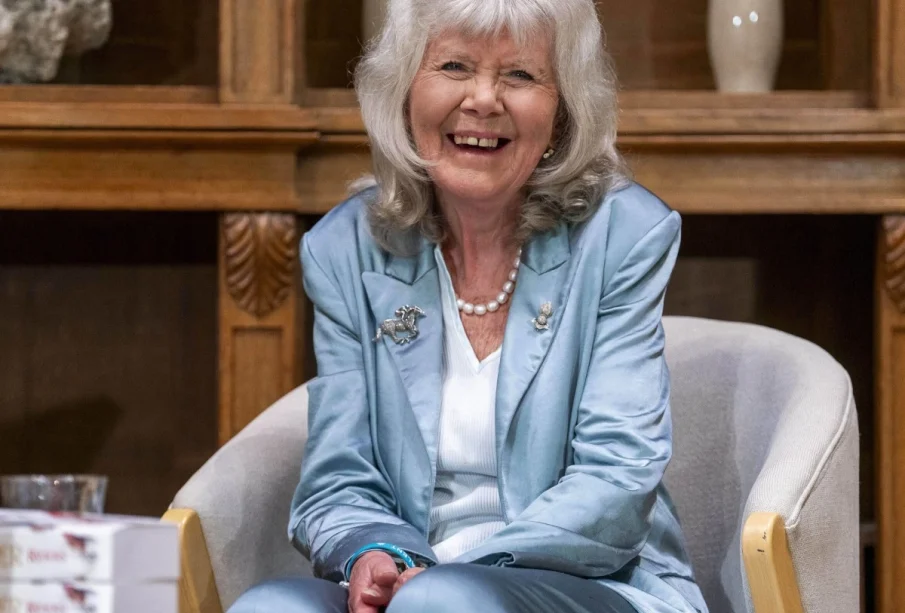The Literary Legacy of Jilly Cooper

Introduction
Jilly Cooper, a name synonymous with romantic fiction in the UK, has captivated readers for decades with her works that combine humour, romance, and sharp social observation. Her novels, often set against the backdrop of the British elite, resonate not only because of their engaging narratives but also due to her relatable characters and astute commentary on contemporary society. With a career spanning over 40 years, Cooper’s relevance in the literary world continues to grow, making her an important figure in both literature and popular culture.
Early Life and Career
Born in 1937 in Stroud, Gloucestershire, Jilly Cooper’s journey as a writer began in a unique fashion. After studying at the prestigious St Paul’s School and then taking a brief stint in acting and journalism, she published her first novel, “Emily”, in 1969. This early work laid the groundwork for her distinctive style, earning her a reputation as a talented storyteller. However, it wasn’t until the publication of her 1980 novel, “Riders”, that she found monumental success. The book, which explores the world of show jumping, became a bestseller and solidified her status as a household name.
Notable Works and Themes
Cooper’s bibliography includes over 30 novels, with themes often revolving around love, betrayal, and the complexities of human relationships. Her characters are richly developed, embodying both strength and vulnerability. Works like “Riders”, “Polo”, and “Wicked!” explore the glamorous yet tumultuous lives of the wealthy. In recent years, her fans have been treated to additional volumes, including “Teddy’s Tale”, which marks a return to her beloved characters and showcases her ability to evolve with her readership.
Impact and Recognition
Jilly Cooper’s influence extends beyond her books; she has played a pivotal role in shaping the genre of romantic fiction in Britain. Her engaging storytelling and relatable characters have inspired countless authors and transformed how romantic narratives are perceived. In accolades, Cooper was honoured with the British Book Awards Outstanding Achievement Award in 2004, marking her contributions to literature and the unique ways she has reflected societal changes through her writing.
Conclusion
As Jilly Cooper continues to write and engage with her vast readership, her works remain vital in discussions about contemporary British literature. With her ability to blend humour, romance, and sharp social commentary, she captures the essence of human experience, making her novels timeless pieces that continue to be enjoyed by new generations. As readers eagerly anticipate her future works, Cooper’s legacy as a pioneering author of romantic fiction is assured, and her influence will undoubtedly endure in the literary world.









